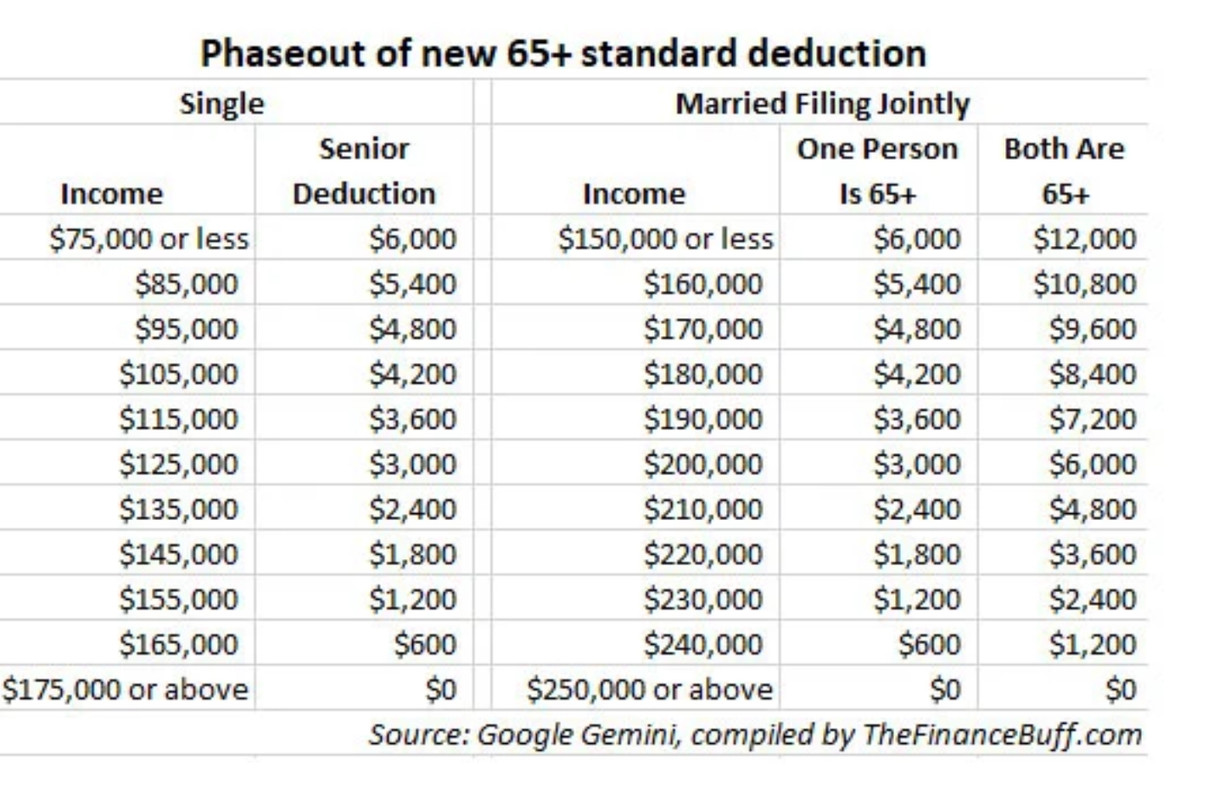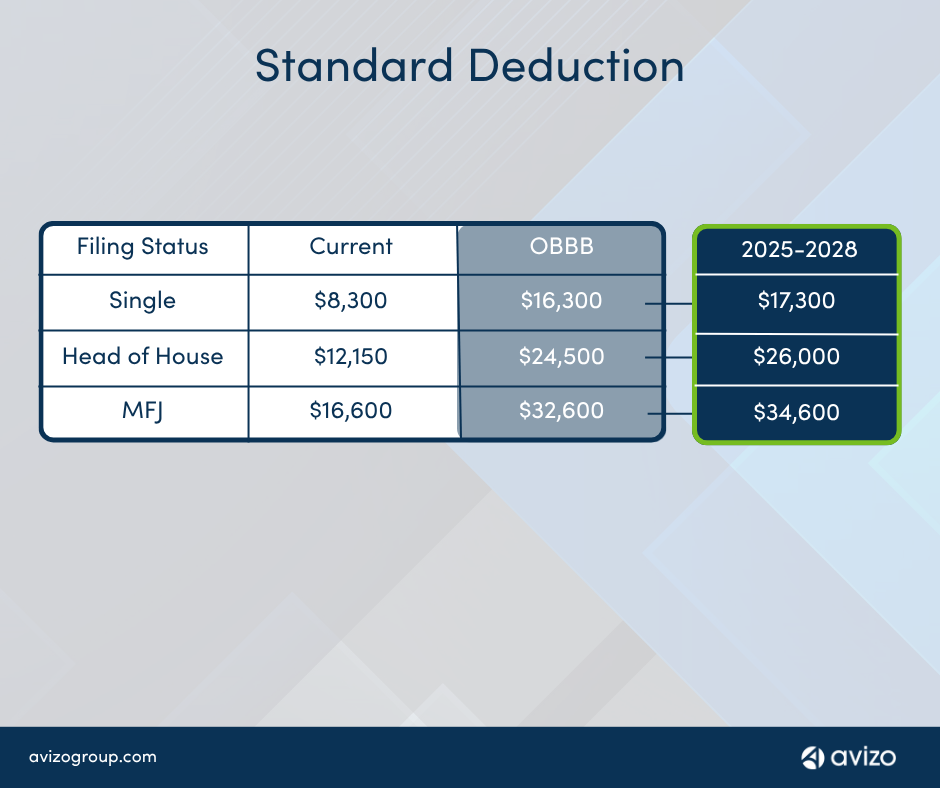The Foreign Earned Revenue Exclusion Explained: An Overview to Enhancing Your Common Deduction
The Foreign Earned Earnings Exemption (FEIE) is a vital tax obligation stipulation for U.S. residents and resident aliens living abroad. It permits qualified expatriates to exclude a substantial portion of their foreign-earned earnings from government taxes. Recognizing the nuances of FEIE can bring about substantial tax financial savings. Nevertheless, several individuals forget essential information that could impact their qualification and benefits. Checking out these facets might expose opportunities for boosted tax obligation outcomes.
Comprehending the Foreign Earned Income Exclusion
Many expatriates seek opportunities abroad, recognizing the Foreign Earned Income Exemption (FEIE) is crucial for handling their tax obligation commitments. This stipulation enables U.S. citizens and resident aliens living overseas to exclude a specific amount of their made earnings from federal tax. The FEIE was established to relieve the tax obligation problem on people who stay outside the USA, acknowledging the distinct financial obstacles they may deal with.

Qualification Demands for FEIE

Exactly how to Claim the FEIE
To efficiently claim the Foreign Earned Earnings Exemption (FEIE), taxpayers should initially confirm their qualification based upon particular standards - FEIE Standard Deduction. The process entails several steps, consisting of filing the proper kinds and offering needed documentation. Recognizing these requirements and procedures is vital for taking full advantage of tax obligation benefits while living abroad
Eligibility Needs
Eligibility for the Foreign Earned Earnings Exemption (FEIE) pivots on meeting particular standards set by the IRS. To certify, people must be U.S. residents or resident aliens that gain income while working abroad. They need to develop an international tax obligation home, which implies their primary business is outside the United States. Furthermore, applicants have to fulfill either the Bona Fide Residence Test or the Physical Presence Test. The Bona Fide Home Test needs that a taxpayer lives in an international nation for a whole tax obligation year, while the Physical Existence Test requires costs at the very least 330 complete days in a foreign country during a 12-month period. Meeting these requirements is important for claiming the FEIE.
Filing Process Actions
Just how can one effectively browse the procedure of asserting the Foreign Earned Revenue Exemption (FEIE)? People need to identify their qualification based on the physical visibility examination or the bona fide home examination. When verified, they ought to complete IRS Kind 2555, which details foreign earnings and residency. This kind must be connected to their yearly tax obligation return, normally Form 1040. It is important to accurately report all international gained earnings and guarantee conformity with the internal revenue service guidelines. Additionally, taxpayers need to keep appropriate documentation, such as international income tax return and proof of residency. By following these actions, individuals can efficiently declare the FEIE and possibly minimize their taxable income considerably, boosting their general financial placement.
Calculating Your International Earned Earnings Exemption
While lots of expatriates look for to maximize their economic benefits abroad, understanding the estimation of the Foreign Earned Income Exemption is necessary for accurate tax obligation reporting. The Foreign Earned Earnings Exclusion enables certifying individuals to leave out a certain quantity of their foreign revenues from U.S. taxes, which is adjusted every year for inflation. To determine this exemption, expatriates need to establish their total foreign earned income, which usually includes wages, wages, and expert costs earned while residing in a foreign nation.
Next off, they have to complete IRS Type 2555, supplying information about their foreign residency and job standing. FEIE Standard Deduction. It's important to satisfy either the authentic residence test or the physical visibility examination to receive the exemption. Once these elements are established, the maximum permitted exemption quantity is used, reducing the individual's taxable earnings significantly. Exact estimations can lead to substantial tax cost savings for migrants living and functioning abroad
The Influence of FEIE on Other Tax Benefits
The Foreign Earned Income Exclusion (FEIE) can influence a person's qualification for specific tax obligation benefits, consisting of the common reduction. By excluding foreign made earnings, taxpayers may locate their adjusted gross earnings influenced, which consequently can impact their certification for various tax obligation credit ratings. Understanding these communications is essential for enhancing tax end results while living abroad.
Communication With Criterion Deduction
When people get approved for the Foreign Earned Revenue Exemption (FEIE), their eligibility for the conventional reduction may be impacted, potentially altering their total tax obligation obligation. The FEIE enables taxpayers to omit a specific amount of gained earnings from U.S - FEIE Standard Deduction. tax, which can result in a decreased gross income. Consequently, if the left out revenue exceeds the conventional deduction, it can diminish the advantage of declaring that deduction. Additionally, taxpayers that use the FEIE read the full info here might discover that their ability to detail deductions is also affected, as certain expenditures may be influenced by the exclusion. Recognizing this interaction is essential for migrants to maximize their tax advantages while making sure conformity with U.S. tax legislations
Qualification for Tax Obligation Debts
Steering via the intricacies of tax obligation credit ratings can be testing for expatriates, particularly given that the Foreign Earned Income Exemption (FEIE) can greatly affect qualification for these advantages. The FEIE allows eligible people to leave out a considerable section of their international earnings from U.S. taxes, but this exclusion can likewise influence access to various tax obligation credit scores. Taxpayers that make use of the FEIE may find themselves ineligible for credit scores like the Earned Income Tax Credit Score (EITC), as these credit scores commonly call for taxed income. Additionally, the exclusion may limit the capability to claim specific deductions or credit reports connected with dependents. Comprehending the interplay between the FEIE and available tax credit scores is important for expatriates aiming to optimize their tax obligation scenario.

Typical Blunders to Prevent When Asserting FEIE
Commonly, expatriates encounter numerous mistakes while asserting the Foreign Earned Earnings Exclusion (FEIE), which can cause costly errors or missed out on possibilities. One frequent blunder is failing to satisfy the physical visibility or bona fide residence examination, which is essential for eligibility. In addition, expatriates typically forget the requirement to file Type 2555 correctly, leading to insufficient or inaccurate entries.
Another typical mistake entails incorrectly determining foreign gained income, as lots of do not make up all relevant earnings resources. Some migrants mistakenly presume they can leave out all their income, uninformed of the constraints on the exclusion amount. Additionally, neglecting to preserve appropriate documents, such as travel dates and residency status, can jeopardize a claim. Misconstruing the ramifications of the FEIE on other tax obligation credit scores might lead to unintentional tax obligation obligations. Recognition of these risks can help with a smoother asserting process and take full advantage of potential advantages.
Resources for Expats Navigating U.S. Tax Obligations
Maneuvering united state tax commitments can be challenging for migrants, particularly after encountering risks in claiming the Foreign Earned Revenue Exclusion (FEIE) To aid navigate these intricacies, a variety of sources are offered. The internal revenue service site gives substantial information on tax frequently asked questions, regulations, and types especially customized for expatriates. In addition, organizations like the American People Abroad (ACA) and the Deportee Tax Professionals offer guidance and assistance to assure compliance with tax laws.
On the internet forums and areas, such as the Expat Forum, allow migrants to share experiences and understandings, cultivating a helpful atmosphere for those encountering similar obstacles. In addition, tax preparation software application, like copyright and H&R Block, often consists of attributes created for expats, making the declaring process much more easy to use. Involving with these sources can encourage expatriates to better understand their tax obligations and optimize advantages like the FEIE.
Often Asked Inquiries
Can I Assert FEIE if I'M Self-Employed Abroad?
Yes, self-employed individuals abroad can claim the Foreign Earned Income Exemption (FEIE) To qualify, they should meet particular demands relating to residency and earnings, ensuring they comply with internal revenue service standards for migrants.

Is the FEIE Applicable to Foreign Pensions?
The Foreign Earned Income Exemption (FEIE) is look at this now not suitable to foreign pensions. Pension plans are thought about unearned income and do not get approved for the exclusion, which specifically uses to made income from work or self-employment abroad.
What Happens if I Go Back To the U.S. Mid-Year?
If an individual go back to the U.S. mid-year, they might need to readjust their tax situation. Their qualification for certain reductions and exclusions, consisting of the Foreign Earned Income Exemption, could be impacted by their residency status.
Can FEIE Be Claimed With Various Other Deductions?
Yes, the Foreign Earned Earnings Exclusion (FEIE) can be declared along with other reductions. However, treatment must be required to assure appropriate conformity with tax guidelines, as certain restrictions may apply based upon private circumstances.
Exactly How Does FEIE Influence State Tax Responsibilities?
The Foreign Earned Revenue Exclusion can minimize a taxpayer's federal income tax liability, however it does not instantly affect state tax commitments, weblink which vary by state and may still need coverage of foreign earnings.
Several expatriates look for chances abroad, recognizing the Foreign Earned Income Exclusion (FEIE) is crucial for managing their tax commitments. By excluding foreign gained income, taxpayers might find their adjusted gross income impacted, which in turn can influence their qualification for numerous tax debts. Guiding via the complexities of tax credit reports can be testing for migrants, especially given that the Foreign Earned Income Exemption (FEIE) can substantially impact eligibility for these benefits. Taxpayers that utilize the FEIE might find themselves ineligible for credit ratings like the Earned Earnings Tax Obligation Debt (EITC), as these credit scores normally call for taxed revenue. Navigating United state tax responsibilities can be challenging for expatriates, particularly after coming across risks in declaring the Foreign Earned Earnings Exclusion (FEIE)